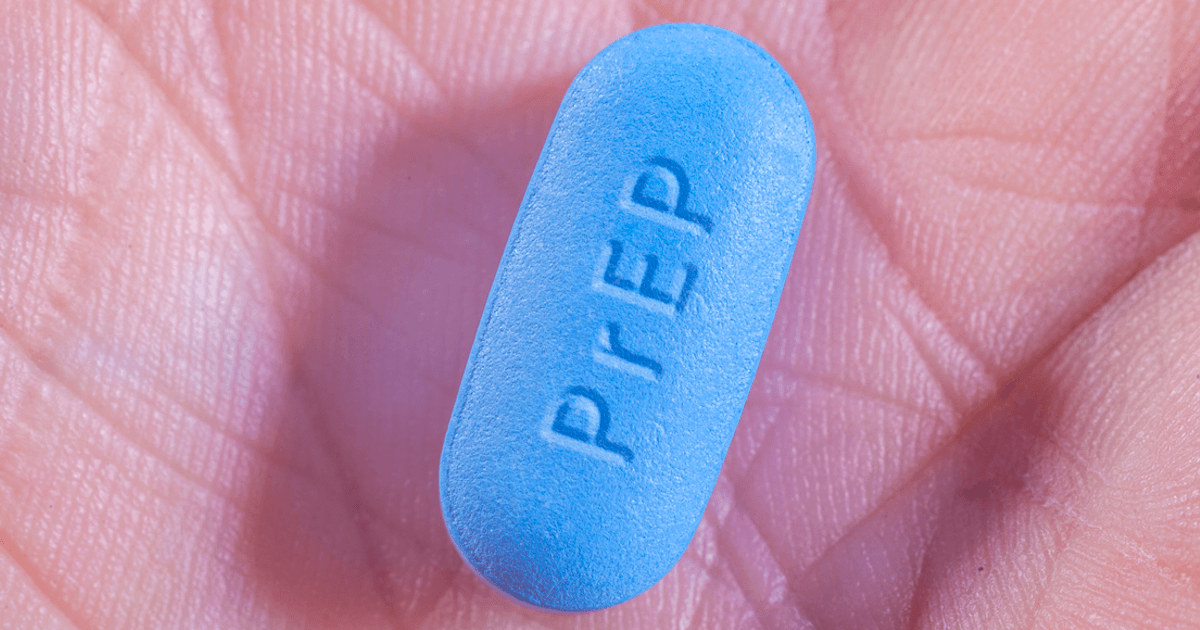The safety of HIV pre-exposure prophylaxis (PrEP) and post-exposure prophylaxis (PEP) medications is well-established. The treatments are tolerated well and they significantly reduce the risk of becoming HIV-positive in the event of exposure.
Questions about safety and efficacy, however, arise in specific scenarios. Is PrEP a good choice for pregnant women who want to protect themselves and their unborn child? Can the administration of such medications lead to challenges or complications? New studies suggest that expecting mothers can benefit from the effects of PrEP without worrying about their health or the child they’re carrying.
No Increased Risk of Adverse Pregnancy Outcomes
A new South African study published in AIDS journal found no correlation between the use of PrEP during pregnancy and adverse outcomes like miscarriages, neonatal death or low birth weight.
The researchers focused on oral PrEP consisting of two antiretroviral medications – tenofovir disoproxil and emtricitabine. Both self-reported PrEP use and blood tests were utilised to confirm the fact that participants in the clinical trial had actually gotten their dose while expecting a child.
South Africa has been recommending the administration of PrEP among high risk pregnant women ever since October 2021. Until now, however, there was no research on the effects of antiretroviral medications on the pregnancy itself.
The study involved 1,195 pregnant women and it was conducted in the period from 2019 to October 2021. Of all participants, 1,145 had an ascertained pregnancy and birth. Researchers followed outcomes for a period of one year after the study participants gave birth.
Women were divided in two groups – those who received and took PrEP during their pregnancy and those who didn’t. Differences in the primary outcomes were not discovered between the two groups.
Researchers, however, acknowledge certain limitations pertaining to the study. While PrEP use was ascertained at least once, there was no way for the clinical team to make sure that participants were consistent with their medications. Some previous reports suggest that people tend to overestimate their PrEP use so self-reported information will sometimes be misleading.
A Few Important Questions about PrEP Use During Pregnancy
There are various reasons why a woman may want to take PrEP while trying to conceive or over the course of her pregnancy.
Medical professionals have mainly had experience with women whose partner is HIV-positive. In such instances, the use of PrEP is recommended while trying to get pregnant. PrEP is also administered over the course of the pregnancy to protect the expecting mother and her unborn baby from an eventual infection with the human immunodeficiency virus.
Both pregnant and breastfeeding women are considered at a higher risk of contracting HIV than their non-pregnant counterparts.
Biological changes that occur in the body, including changes to the immune response, could be the contributing factor to such an increased risk. According to a systematic review published in 2014, the HIV incidence in pregnant individuals is 3.8 cases per 100 people. In comparison, the incidence a few years postpartum falls down to 2.9 cases per 100 people.
Because of these facts, the World Health Organization (WHO) has endorsed PrEP protocols for pregnant women.
Until now, antiretroviral medication use was studied solely in pregnant women who were already HIV-positive. In such instances, however, negative effects couldn’t be attributed solely to the therapy. HIV-positive pregnant women can experience some complications due to their status and it’s been impossible to tell whether the infection itself or the treatment contributed to adverse outcomes.
Assessing the Risks and the Benefits
Anyone who is worried about their status should see medical professionals and explore the range of options available.
Luckily, Singaporean women and their partners have access to various resources pertaining to sexual health and wellbeing during pregnancy.
If you are considering pregnancy, do get tested with your partner first. HIV is not the only condition you should be pondering. Various sexually transmitted diseases (STDs) can be asymptomatic for long periods of time. In the absence of symptoms, they could still be causing damage to the reproductive tract. Such untreated infections may lead to infertility or pregnancy complications in the event of conception.
Finding out if you have an STD and getting it addressed before trying to conceive increases the likelihood of quick success and a worry-free pregnancy. Most STDs can either be treated or managed effectively through the use of the right medications.
In the event of worries about STD, you can employ HIV PrEP or PEP. Both of these treatment protocols are readily available through health facilities like Shim Clinic.
Come to Shim Clinic during working hours every day of the week and we’ll consult you about STD testing, HIV prevention and treatment protocols. You can also contact Shim Clinic to have your questions answered thoroughly and confidentially.

